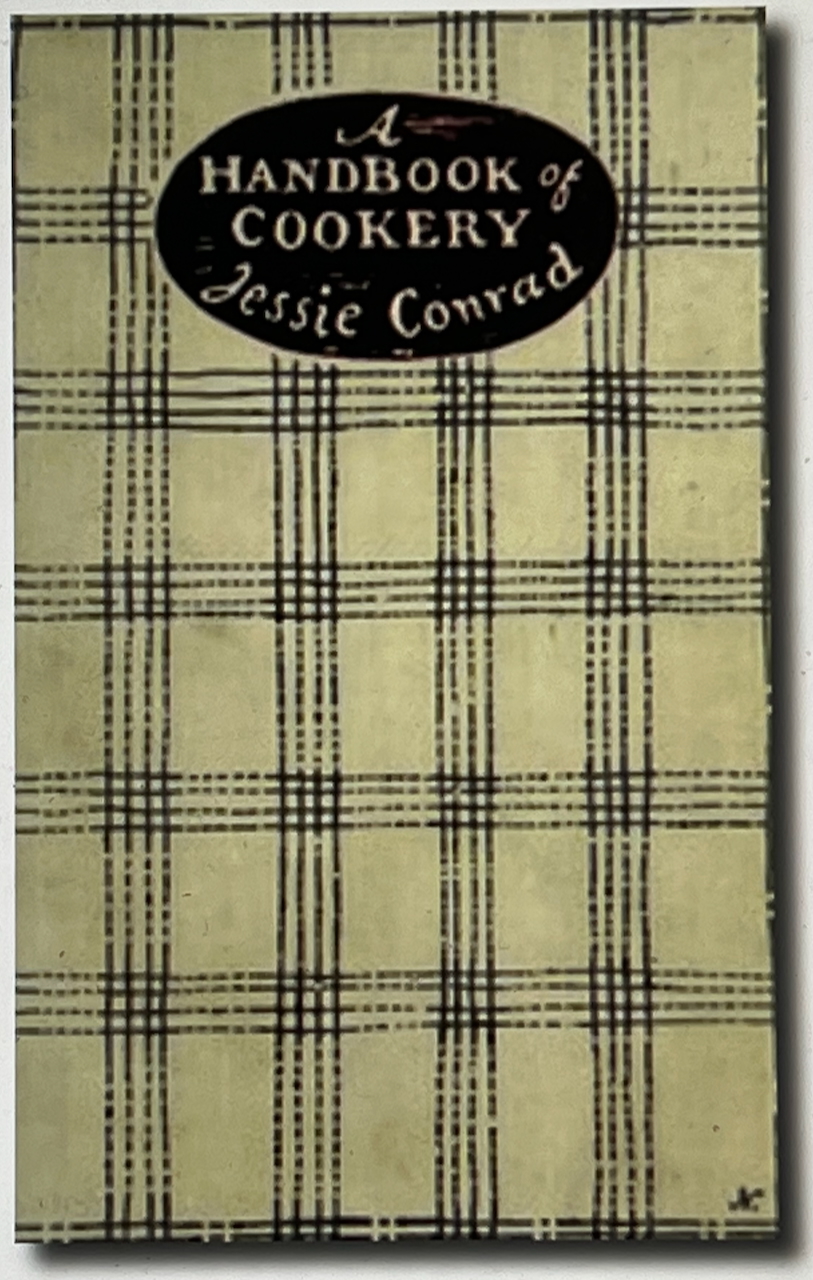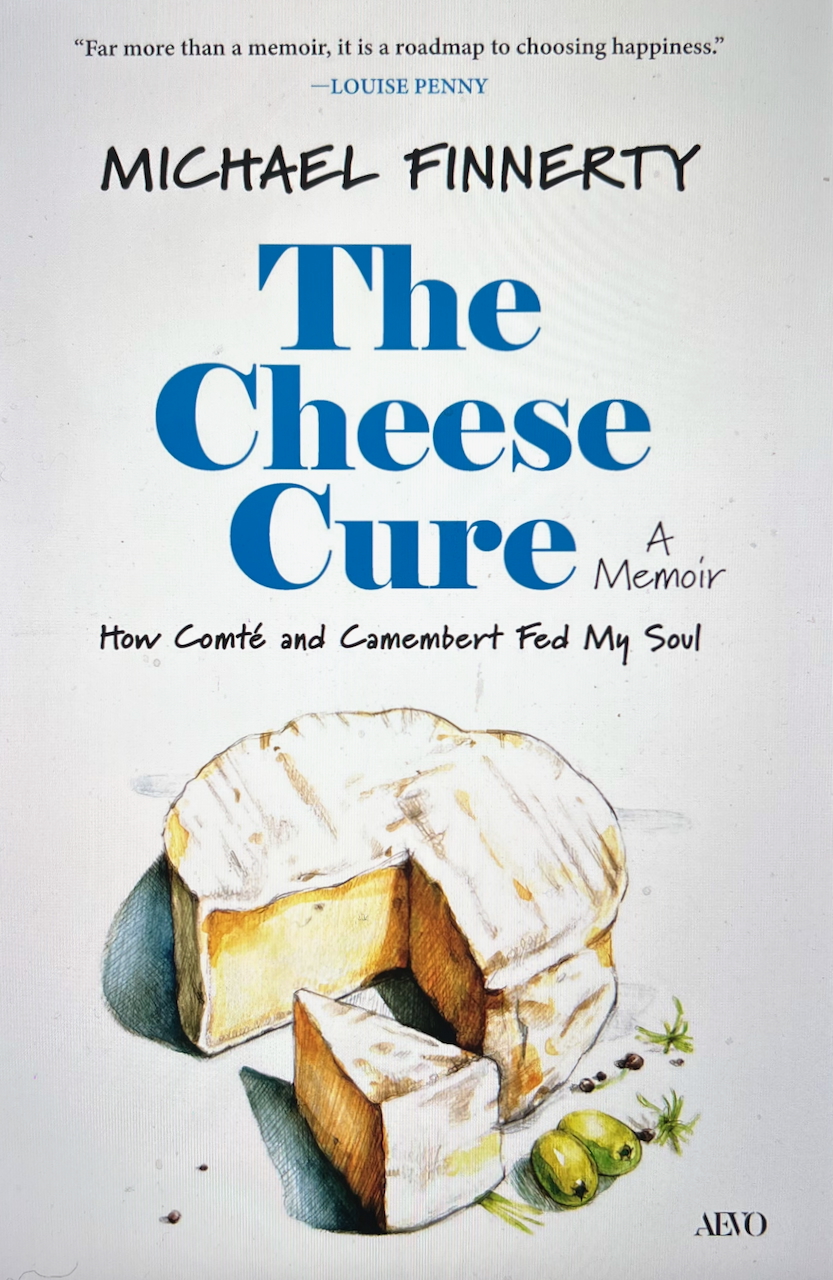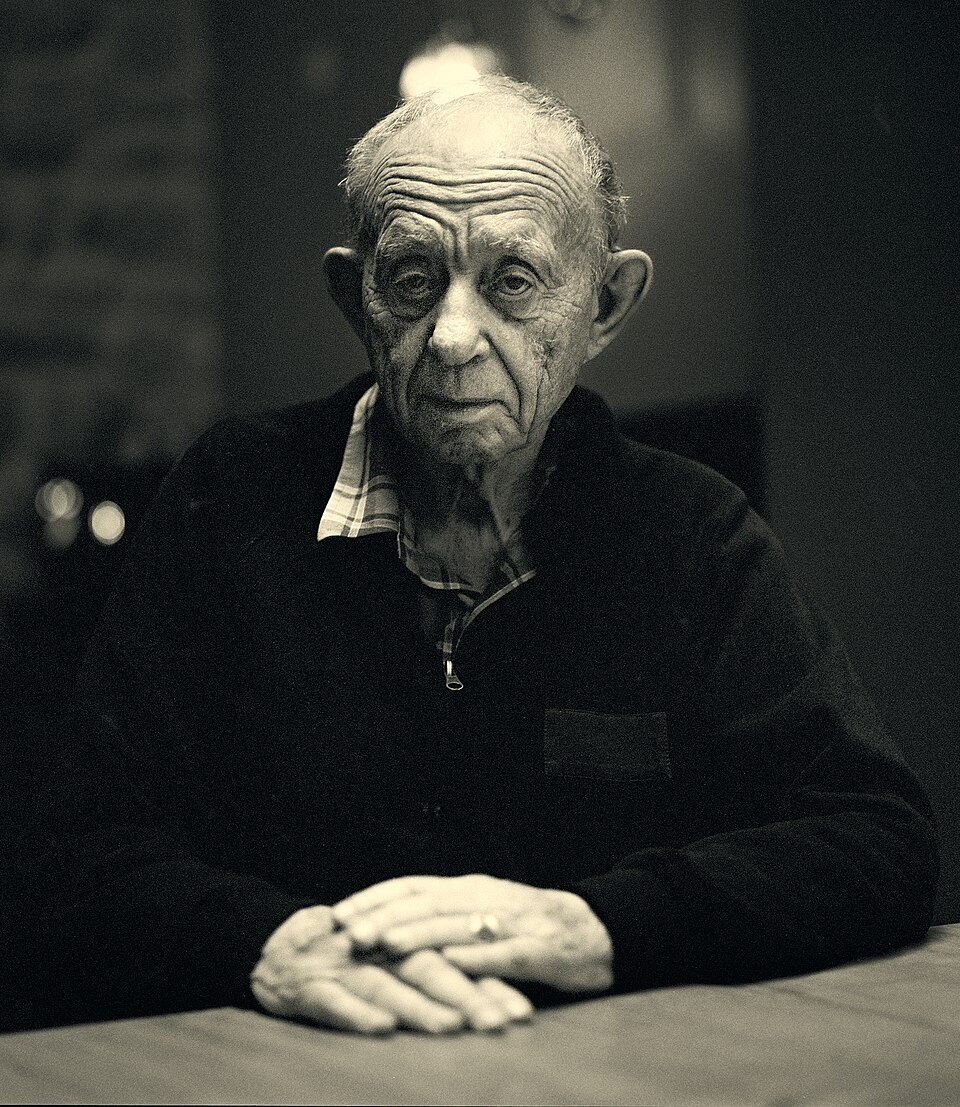If We Had Money
September 26, 2018
A parlor game for those with more pallor than parlor: What would we do if we had no debts, no deadlines, nowhere we had to be? (No restrictions at all is so silly it shatters the fantasy; there are no games without rules.)
The dollar amounts are not so large, after all, when we consider the size of others’ winnings. Let us, just for a moment, cancel out the credit card debts, the school loan, car loan, phone payments, mortgage; the immediate and always-pressing need to “earn” food, clothing, gas, internet and TV, daycare, college education for the kids; health insurance, dental insurance, house insurance, car insurance, life insurance (“And what is it we’re so afraid of?” asks Ricky Roma, who may be the devil); eyeshades and floor lamps, neti pots and Kleenex, weed-killer and chemical fertilizers; retirement, nursing-home bed, a box in the cool earth. Just like that, the worries we tabulate under “making a living” are gone.
What would we do if we made lives for ourselves?
We would, of course, travel around in three big dualie pickups, each pulling a giant camper, all fresh and new and matching, looking as professionally adventurous as a racing team. (We had this same fantasy when we were 12, if you remember, but it was to be a GMC motorhome, filled with playground friends, on a cross-country search for Bigfoot. If we had money, would we really fail those children?)
We would live in Paris, decide it was cliché, imagine we preferred Vilnius, regret the lack of excellent cheese, and move back until the Russian gooseberries were ripe.
We would finance a short film and give endless notes all day long to the cast, ensuring the fun would never reach its ending until we were murdered.
We would form a paramilitary group of hardened vets to extract women and children from the worst conflict zones, coming and going from our Chilean compound surrounded with communal farmland.
But who is to say we would do anything? Think of the pleasure and contentment in being freed from: alarm clock, doorbell, dawn (finally able to afford heavy drapes, you see); roars of excavators unearthing a subdivision’s future; the embarrassed look of the skyscraper standing near the bus stop in its mirrored pants as trucks haul girders for its top.
Freed from attention and lack of attention. Freed from the willful ignorance of social and political tribes, pledging only allegiance, and the angry insistence of the ideological too pure for this world.
No matter what we did with it, money would be the great gift of time whimpering in its box, eager to get unwrapped and be well-loved. And this is the American Dream, after all—to be unfettered by class, history, or geography; to be in transit or rooted, according to our whims; to work hard or do nothing at all.
Old men do not refuse to close their ledgers because they need more money—God knows they have enough to let a million others live well—but because they have found what they would do. They are, in fact, doing it. It would be a shame for us not to discover some of what we are doing is also what we would do.








